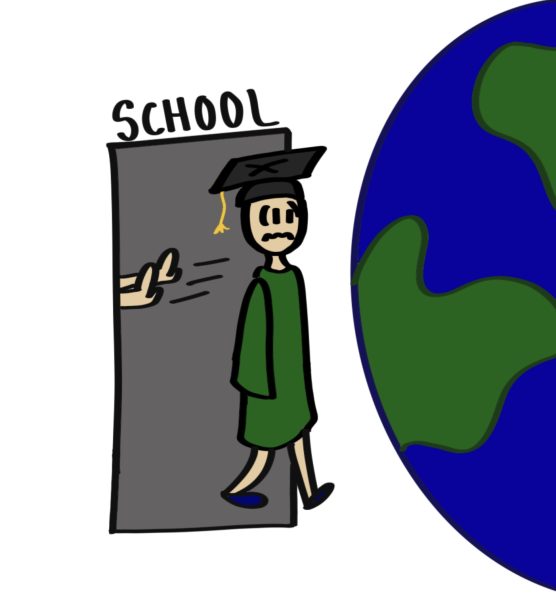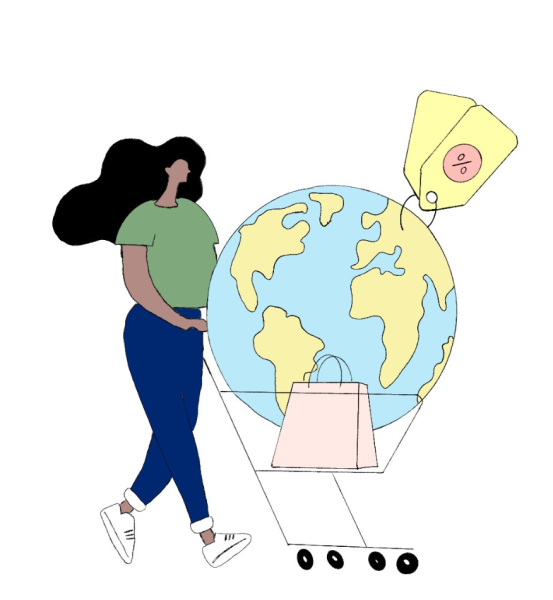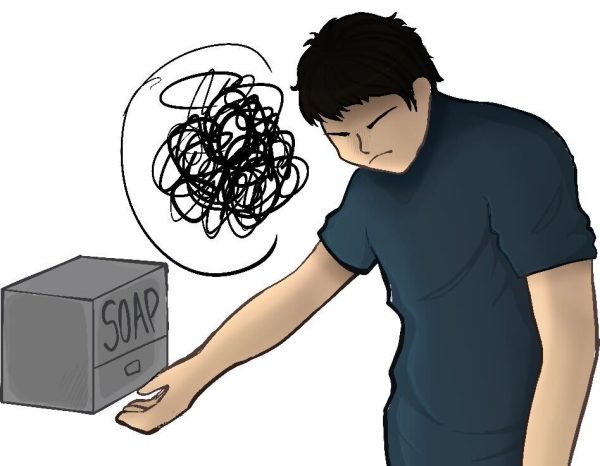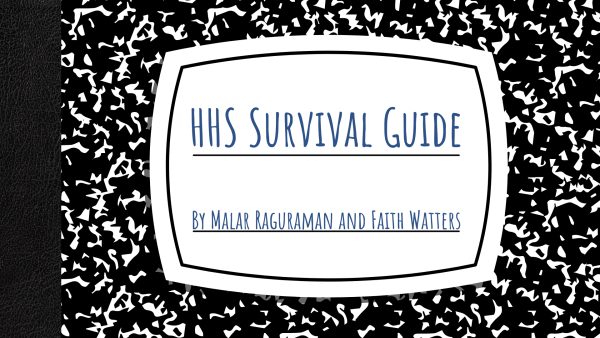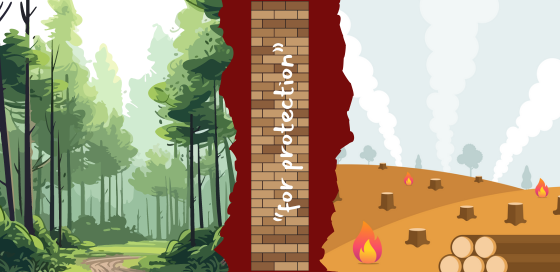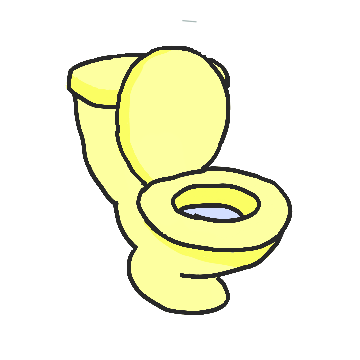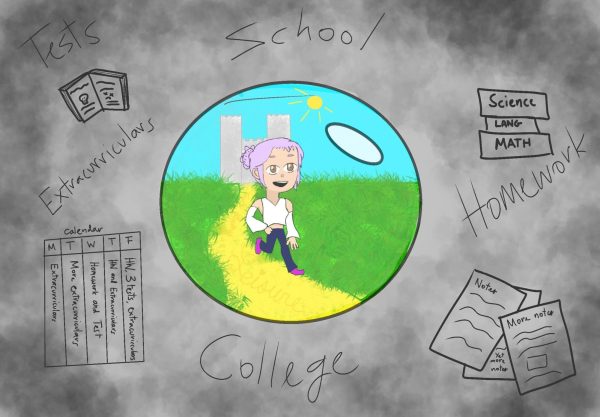The Melodic Line: Recovering a sense of mental clarity in a pandemic
Here’s a glimpse into a not-so-distant past: I’m working on the layout for my assigned page in Adobe InDesign during late night. Two reporters come up to me with their respective pages, asking if I could edit the opinion articles on their pages. I have a phone interview scheduled in two minutes and a photo to upload for my news article. Burrowing my face in my palms, reality hit me that I’m slowly going insane.
Fast forward to the present: I’ve been studying my mom’s golden pothos (an indoor plant characterized by round, gold-streaked leaves) for a good five minutes, observing how the leaves droop down while preserving their gravitational dip. I’m pivoting to my bookcase, reaching my fingertips to the spines of all my books. Then, I have a sudden urge to open the covers and smell the soft pages — vanilla-flavored.
Now, the world has been put to a pause. Schools have been canceled. Businesses and malls have shut down. Flights are now limited to domestic travel. With the shelter-in-place order enforced statewide in order to slow down the spread of the novel COVID-19, many people are being kept in their homes and relying on the news to tell the story.
Yet, even so, the media is veering off to sensationalism, and the outside world seems to be under an invisible siege. You start to tap your toes anxiously, scanning vigorously for your phone and opening your news feed in Instagram to see, in big, block letters, that the U.S. could have 100,000 to 200,000 coronavirus deaths and millions of infections or an Illinois infant has died from complications of the coronavirus.
We will never know what is going to happen tomorrow or the next few weeks. And more than ever, we are apt to fear the unknown. As each day gives us new numbers and unexpected changes, we end up losing the ability to think rationally.
We give in to a panic loop — only to lose ourselves in a pinball machine, stabbed side by side by never-ending news stories and warped realities of the pandemic. Sensationalism demands our full attention; other stories do not belong in the picture. Yet, we must focus on what we can control alone — our mental state.
Yet, there’s a way out of the chaos: the self-practice of doing nothing, or, niksen as the Dutch call it. In Doreen Dodgen-Magee’s book “Deviced! Balancing Life and Technology in a Digital World,” she compares niksen to a still car with a running engine.
The idea is that you are taking conscious time and energy to sit still and look at your surroundings. Doing nothing should not be confused with mindfulness, which involves being in the present moment. Niksen is more about letting one’s mind roam. The goal is simple: to achieve nothing.
Despite all the madness in the world, we still attempt to search for some sort of stimulus. Before school closed following the coronavirus pandemic status last week, we were busy chasing a life full of invitations to go to and assignments to check off. Despite it being overwhelming at times, a week’s repetition allows us a sense of control.
After all, we want things to return to normal — to a familiar rhythm. From the start, we aren’t even OK with the phrase “I don’t know.” Those three words turn us away in disgust, leaving us to scout for answers with a trace of fear.
And then, all too soon, we give in to a panic loop — only to lose ourselves in a pinball machine, stabbed side by side by never-ending news stories and warped realities of the pandemic. Sensationalism demands our full attention; other stories do not belong in the picture. Yet, we must focus on what we can control alone — our mental state.
Doing nothing can help us think more clearly and improve our mood, according to WRVO Public Media. In addition, niksen may help reduce stress levels, and thus, strengthen the body to fight off a cold, according to Time. In fact, doing nothing can also make us more creative and better at problem solving, according to Sandi Mann, a psychologist at the University of Central Lancashire.
Our society prizes itself in getting things done. The act of staring into space is deemed lazy or careless. After all, productivity is valued in the building blocks of our schools and workplaces, as it claims to boost innovation in society. But when we keep busy all the time, our brain becomes overwhelmed with so much information that we end up losing our clarity and creativity, according to Time.
So the next time you reach for your phone, look out the window and observe the clouds instead. And when you lose yourself into a state of daydream, let your mind wander and find its own stimulus.
The idea is that there’s no underlying deadline or purpose to it. In fact, my column was derived from doing nothing. It occured right after I saw the fourth cloud floating above one afternoon before realizing that this is the first time I’ve ever noticed myself looking up, not down.
After all, when will we ever find time to look keenly at a living room painting or at clouds floating in the sky? Or even the light shining down from the window shaft? We have become so attuned to the big picture without realizing that all it takes to relax our mind is to resist the urge of controlling the uncontrollable and transitioning to a state of inner wandering.



